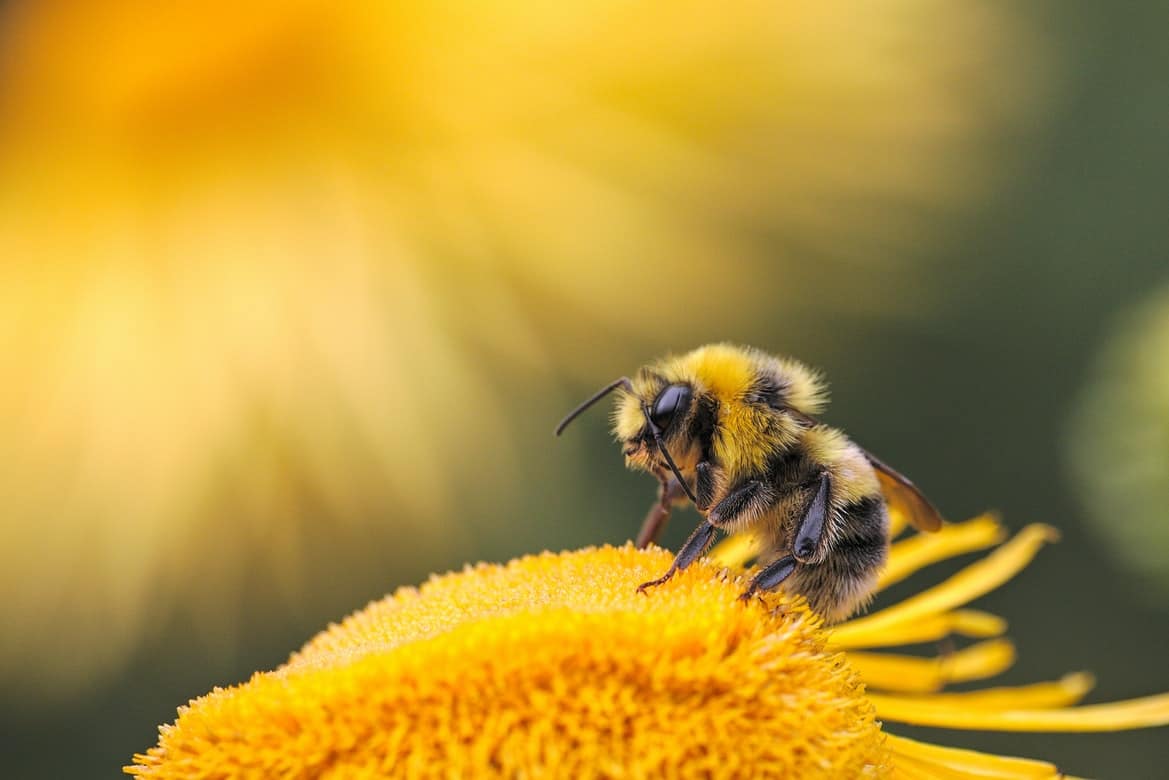You may have heard the old wives’ tale that raw honey can be used to treat allergies. The idea is that, if you eat honey made in your local area, it will contain the pollen you’re reactive to and help you build up a tolerance to it. But is this true? We review the facts about consuming honey to treat allergies below.
What Is Honey?

Honey is that golden, sweet, thick substance that bees produce. It’s been used as a sweetener for centuries.
Bees make honey by collecting pollen and nectar from flowers, carrying it in their honey sacs and then storing it in the honeycombs within their hives. The bees then fan the honey to help water evaporate and seal it with a liquid that becomes beeswax when it hardens.
What Causes Seasonal Allergies?
Seasonal allergies are the result of the immune system overreacting to normally-harmless substances known as allergens. Common allergens include pollen, dust mites, mold, pet dander and certain foods.
During an attack, you may experience allergy symptoms such as:
- Itchy, watery eyes
- Congestion
- Runny nose
- Sneezing
- Itchy mouth and throat
What Does the Research Show About Honey & Allergies?
A 20-year old study examined the effect of ingesting honey on symptoms of rhinoconjunctivitis (eye and nose allergies).
For the study, 36 participants who suffered from eye and nose allergies were scratch-tested for common allergens. The participants were then randomly assigned to one of three groups:
- One received locally-collected, unpasteurized, unfiltered honey.
- One received nationally-collected, filtered, pasteurized honey.
- One received corn syrup with honey flavoring.
Each participant consumed one tablespoon of the substance per day and followed their usual routine for managing their allergy symptoms. They also maintained a diary tracking 10 different allergy symptoms, noting when their allergies were most severe.
The researchers found neither honey group experienced significantly more relief from their symptoms than the placebo group. They conclude that their study does not confirm the widely-held belief that honey relieves allergy symptoms.
But just because honey from Charleston Farmers Market can’t treat your allergies doesn’t mean you can’t enjoy it. It just means that you should consult an allergist to help manage your symptoms.
For more information or to schedule an appointment with an allergy expert, call Charleston ENT & Allergy today.
